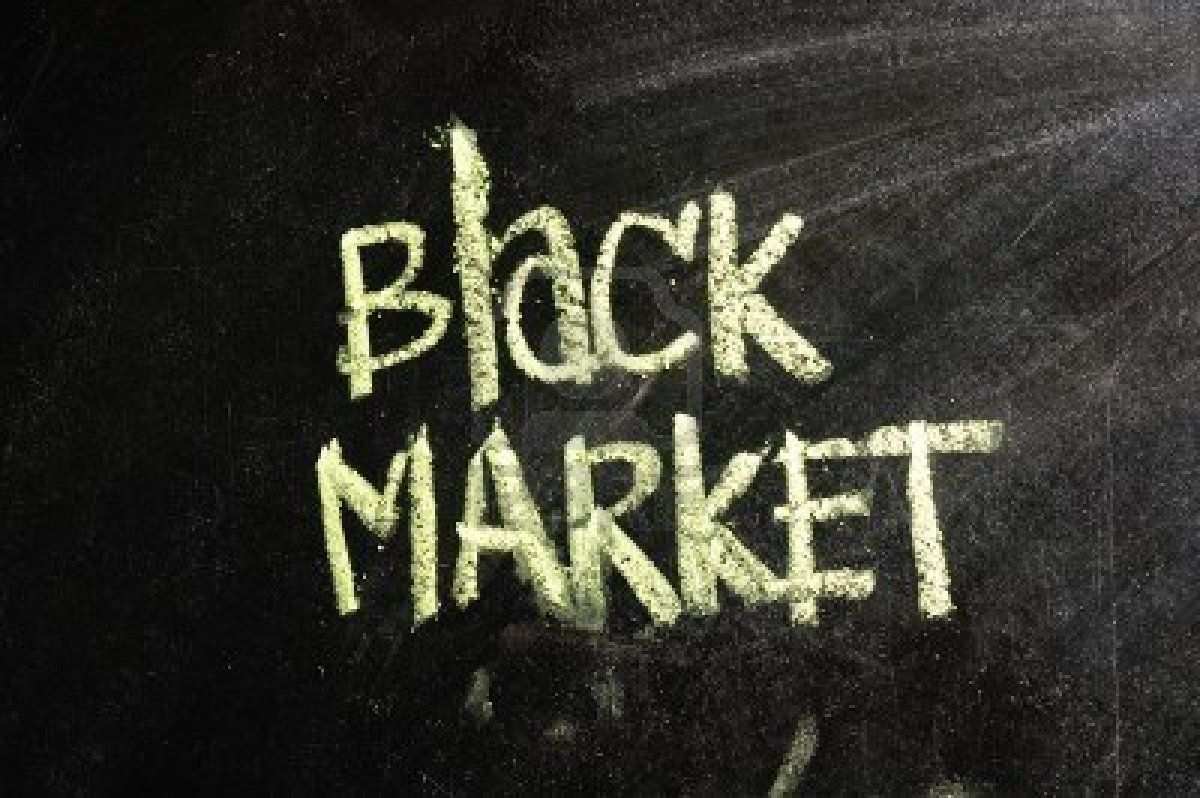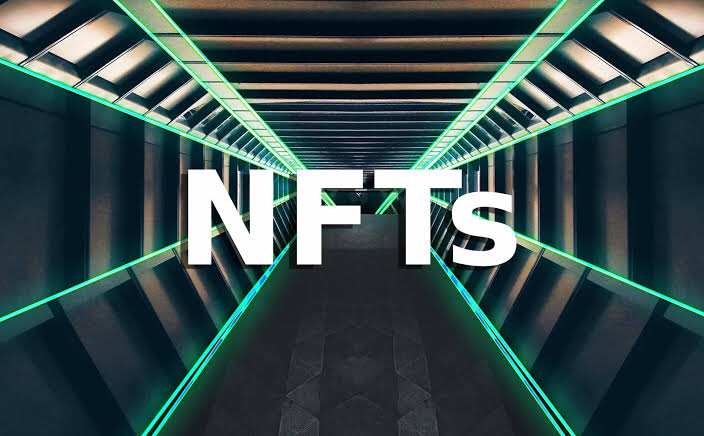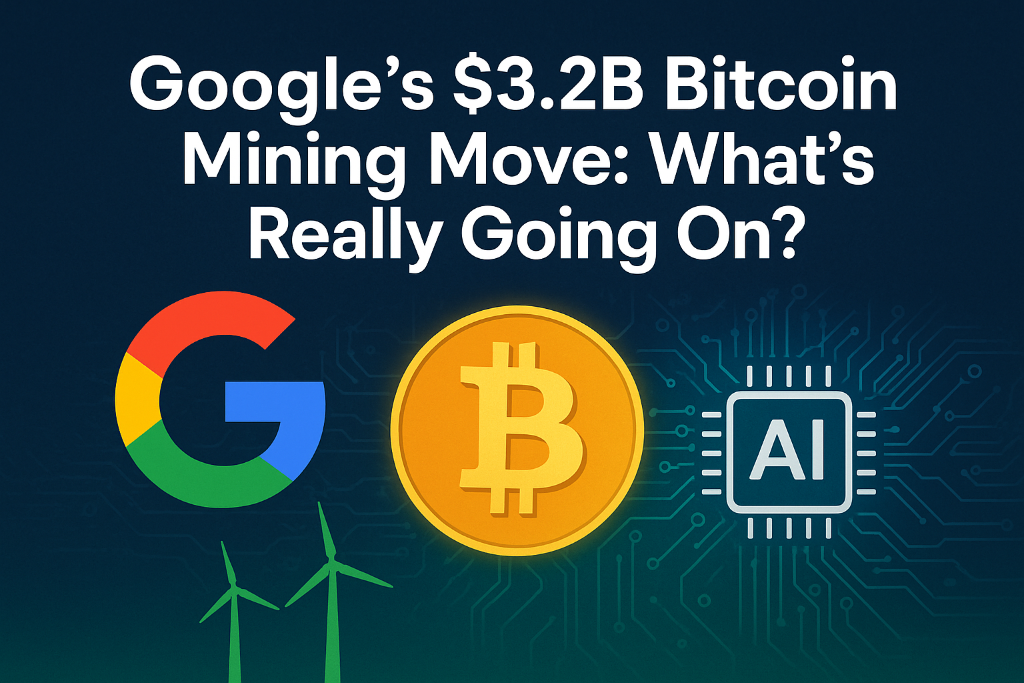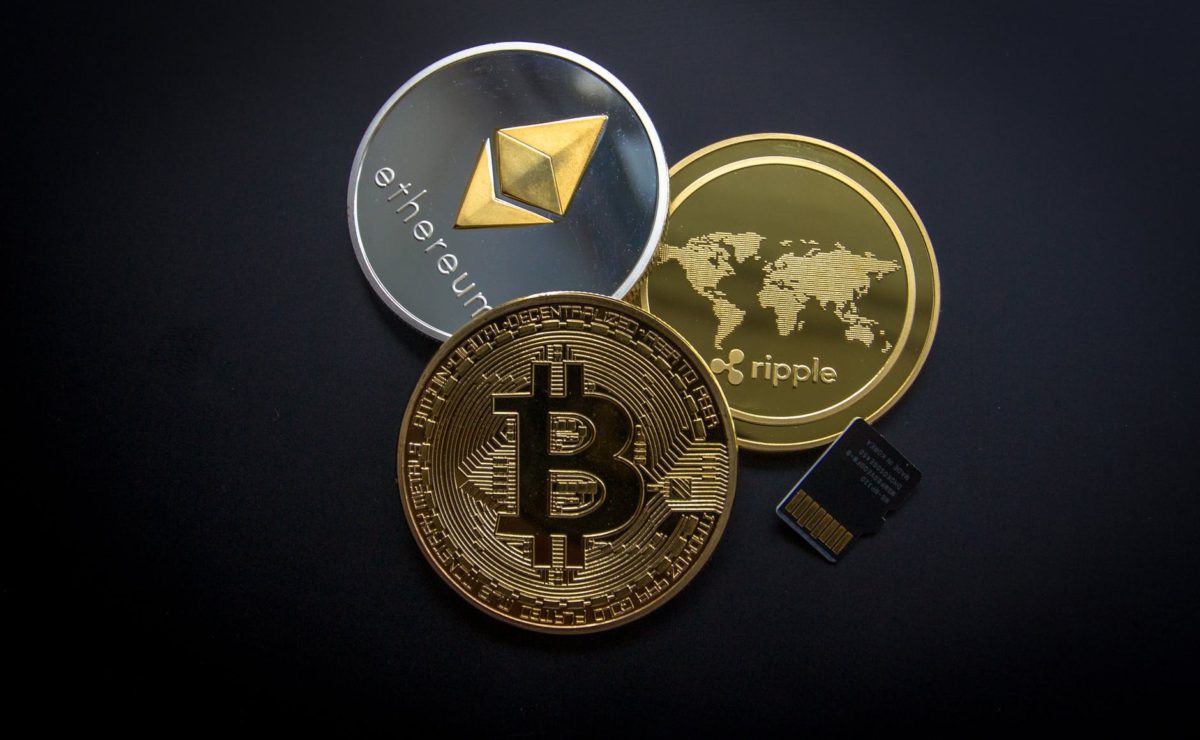“If you destroy a free market, you create a black market.” –James C. Humes, The Wit & Wisdom of Winston Churchill
Black markets are a fascinating topic when it comes to free market economics. Some call them the environments where free trade truly occurs. Others would say that they’re nothing more than illegal and illicit activity. Many can conclude that black markets are both.
Both?
The things that go on in black market environments vary. From something as innocent and victimless as snack sales, all the way to drugs, firearms, and, unfortunately, people. They do indeed provide environments where free trade can truly take place without governing parties getting involved. However, they’re also, very much so, a place where horrendous things take place.
What is a ‘Black Market’?
So what exactly is a ‘black market’? We’ve all heard the term. It’s a verb and an adjective as well as it is a noun.
“I’m going to black market these phones.”
“That’s a black market purse.”
“You can get it on the black market.”
Most of us have probably purchased a thing or two on some level of black market. When we think of the term, though, we usually default to thinking about things like drugs, guns, money and people. Although they definitely fall into the category, and are rather large industries, they don’t make up the whole.

A black market, simply put, is a place where something of value is traded illegally. Illegal exchange is black market exchange. So bad markets right?
Illegal means bad, right? Well, sometimes. The law is different everywhere. Something that might be perfectly legal somewhere might be considered a felony elsewhere.
In some cases, illegal markets are the only reasonable way to get goods, services and even ideas to the consumers. From Bibles to medicines, black markets carry some level of innocence and convenience. However, their necessity for certain situations doesn’t cancel out the negative consequences of other “under the table” market spheres.
The Good and The Bad
As the intro quote reads, “If you destroy a free market, you create a black market.” Government regulation can seep it’s way into any economic environment. Whether it be for a certain product or industries as a whole, governing authorities always want a piece of the pie.
When regulation comes into any market that isn’t for the good of consumers and producers, it usually brings about a strained, sub par and overpriced market. This causes customers to seek the same or similar products elsewhere. They bring the demand to an environment free from price gouging, unnecessary taxes and unfair regulation. When customers go elsewhere, so do businesses. Sink or swim. Highly regulated markets leave businesses with little wiggle room, especially if they want to give customers the best.
Regulations aren’t all that bad though. They are often set in place to protect the market. This is why we have a plethora of laws in most any economic system we may find ourselves in. These authoritative figures and policies are set in place to be a minister of what is good and to bring wrath on those who practice evil (Romans 13: 1-7).
Things go wrong. We need some level of regulation and agreement. People get greedy. Individuals take advantage of others. Markets free from regulation allow for things to go wrong because trading parties are not held accountable. There is no law in a black market.

Black Market’s Place in Society:
Lawmakers seek to make the world of commerce safe and opportunistic to all; or at least you’d like to think that. That’s what they should be doing. Instead of making the system work to their benefit rather than ours. It’s a vicious cycle.
Black markets exist for numerous reasons. It’s when those at the top of businesses and politics use their power to over regulate and crush individual opportunity that we see them existing for good. There are countless trades on black markets that are labeled as crimes, though done victimless. It’s understandable that human trafficking and other more henious black markets are condemned. But when the average Joe is just trying to sell or buy to survive- at no risk or harm to anyone else- it’s hard to say that their punishment is justified.
Black markets have a lot of things to factor in when it comes to whether or not they are justifiable. There are natural consequences to the exchange of anything, legal or illegal. Everything has its impact.
Black Markets are brought about by evil. Evil in regulators and in corporate bureaucracy, or evil in individuals exploiting other individuals. They’re in some cases necessary, in others, they simply shouldn’t exist at all. They shouldn’t be condemned as a whole, but looked at with proper perspective so that justice is properly served.




